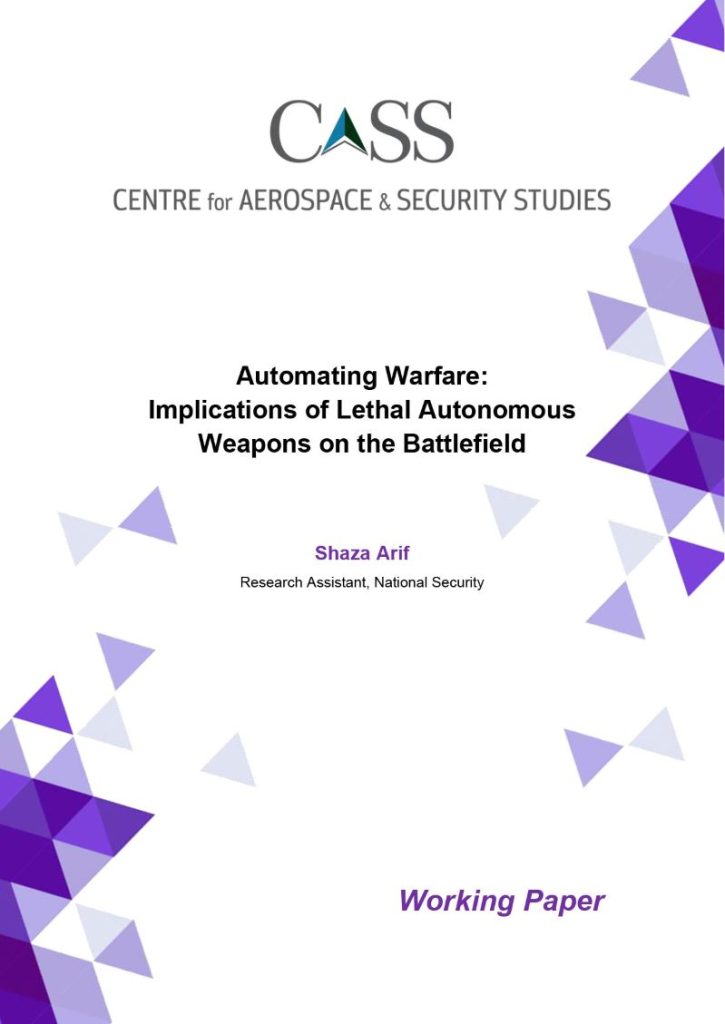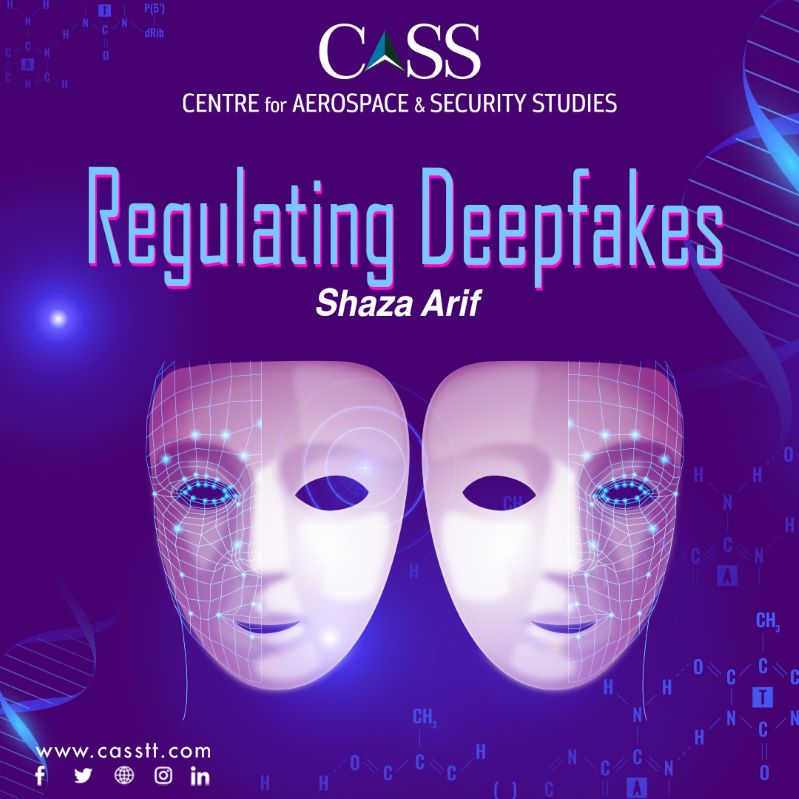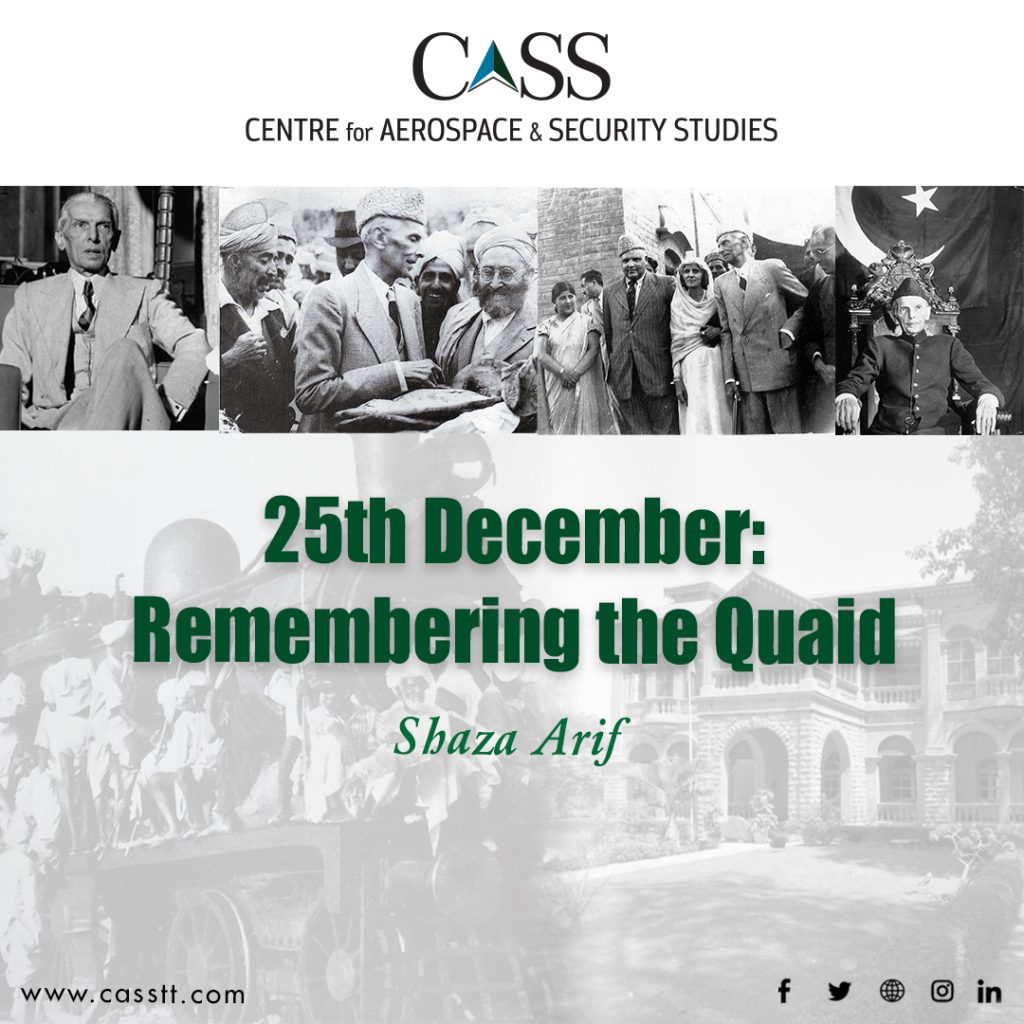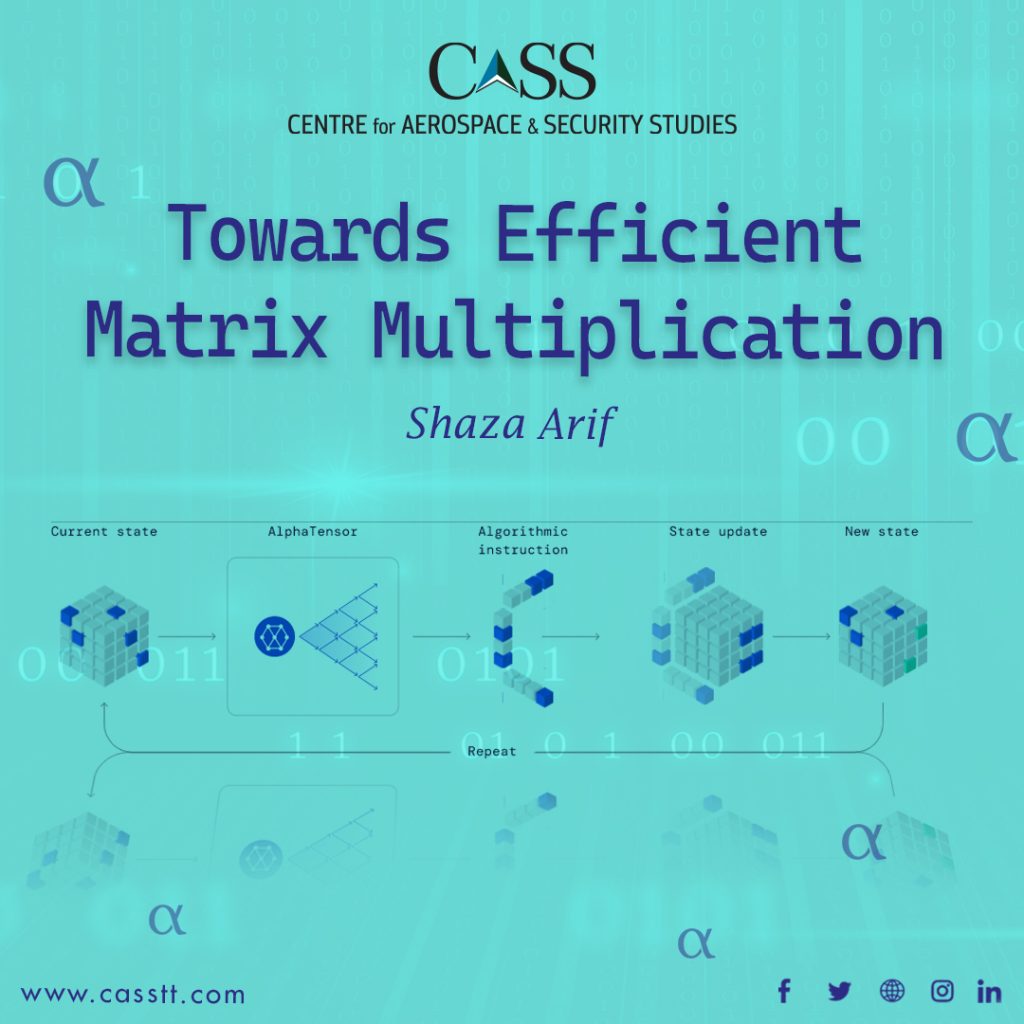
Automating Warfare: Implications of Lethal Autonomous Weapons on the Battlefield
Autonomy is emerging as a central element of the technological realm. Amongst other domains, its scope has also extended to warfare. Technologies such as Lethal Autonomous Weapon
1279 views







